It's official, our field-season has ended! We had 5 weather windows finishing with the exact amount of days we planned on collecting data! WOOHOO! We were just in time because the weather is consistently going to be BAD from now on.

How were our last days?
The weather windows were few, but enough for us to finish our fieldwork season of 2022. The weather windows kept changing day to day so we had to be on hold until we confirmed the day before that we could go out. To be honest, we did not think that we would reach our target, considering the weather was changing so much. But to our surprise, our last day was on the last day that our fieldwork was extended to, so everything was perfectly done on time. We had one interesting day with fog, which resulted in some beautiful views on the island,

and the rest of the days were surprisingly sunny and HOT, it's like the summer came back! We also noticed that there were more "super-pods" in this month, traveling very fast, which REALLY did not make our lives easy...But thankfully we managed, despite the challenges. Check out the photo below, they were going at 30km per hour!! This was also the first time that we saw the dolphins so close to shore that we could see the rocks. What a beautiful sight, isn't it?
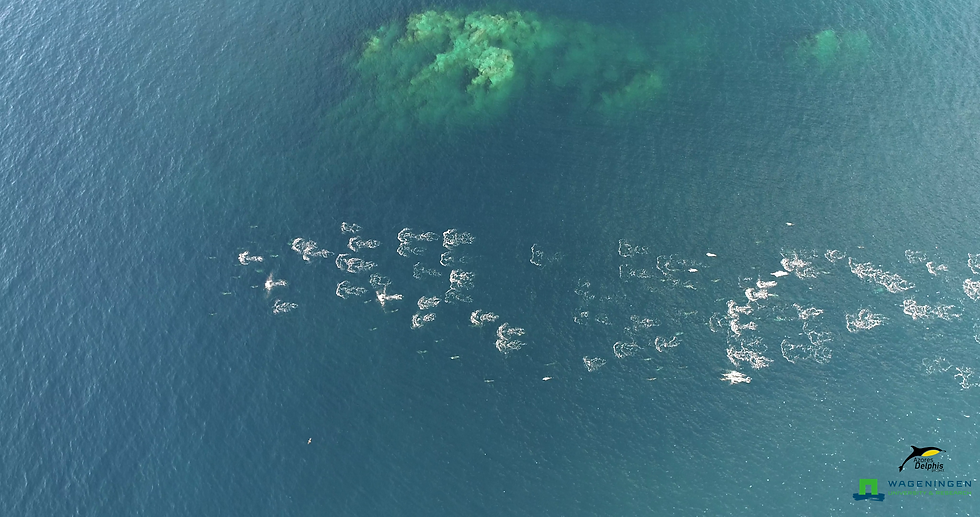
Whale Heritage Site
During the bad weather days we partook in the whale heritage site meeting for the Azores. What is a whale heritage site?
"Whale Heritage Sites are a global network of outstanding places where local communities celebrate, respect and protect cetaceans and their habitats."
The whale heritage site is an initiative by the World Cetacean Alliance which is a program to accredit destinations that support sustainable practices, and these destinations can only be accredited according to certain criteria set by the World Cetacean Alliance that include criteria of research, education, culture and conservation. See more information of the Whale Heritage Site on the World Cetacean Alliance website.
Azores delphis project is involved in the process of making the Azores a whale heritage site. We are involved as scientists, that contribute to research and the conservation of common dolphins in the Azores.
On the day of the whale heritage site meeting organized by our co-founder Dr. Laura Gonzalez Garcia, we had a great weather window to go out to the sea and collect the last bits of data, so unfortunately we were not able to attend in person, but I provided a recorded presentation instead. The developments of the whale heritage site by the World Cetacean Alliance are still in progress!
To learn more about the concept, check out the website of our collaborator the World Cetacean Alliance. To read more about the whale heritage site in the Azores, see the website here.
Sperm whales

There were no more new groups of common dolphins on our last afternoon of fieldwork, but we could not let a beautiful afternoon at sea go to waste. So we collected some data on sperm whales for Sean O'Callaghan! We even got to say

goodbye to the sea with a beautiful series of sperm whale breaches! Photo taken with the drone and with permits. It looks like we infected Sean O'Callaghan with our love for the Azores, as he will be returning next year! Stay tuned on his project sperm whale scale on instagram, facebook and twitter!
Acknowledgements
A huge massive thank you to all the people who were involved this year, once again, an immense effort has come from the community of whale watchers, vigias, photographers, students, and friends, to make this season a success with a smile on our faces. We love you all!!! <3 (I apologize if I forgot someone or did not take a picture of you whilst helping us!)
What's next?
Data analysis! This was most likely the last full fieldwork-season of my PhD, so you will be hearing from us when we are close to having results. In the meantime our social media channels will still be active with videos and pictures remembering our fieldwork days. Of course, we will still be having days out at sea, but results will definitely be our priority as a new phase of the project will start: publishing some scientific articles!
Fieldwork is funded by KNAW Ecologie & INREF
Author: Fadia Al Abbar










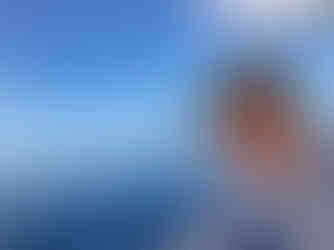



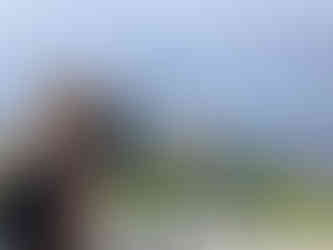



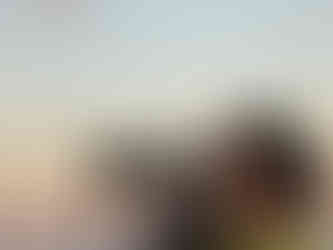

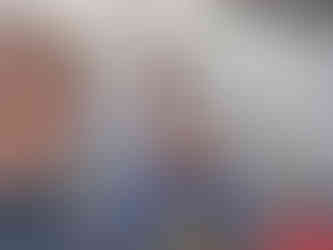



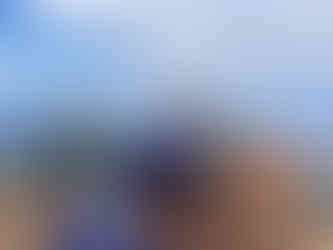



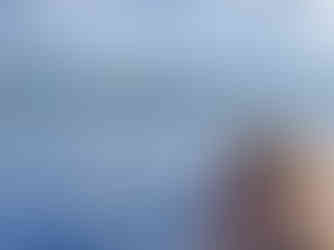








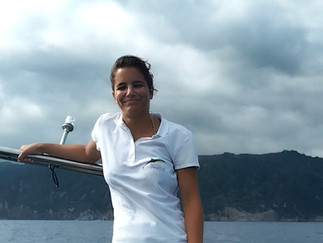
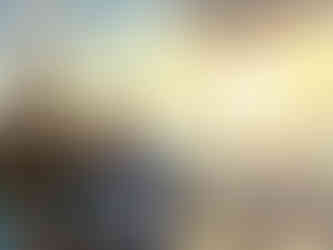





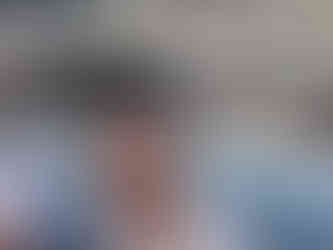







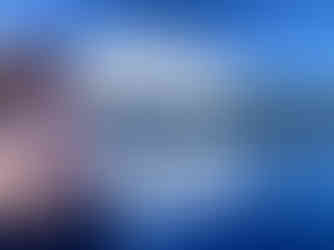

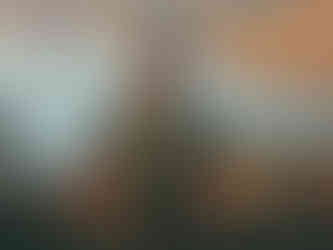



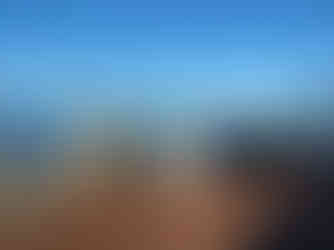


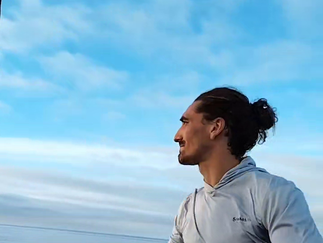

Comments